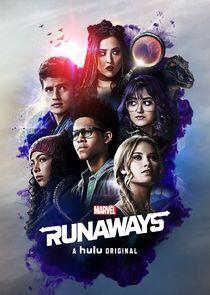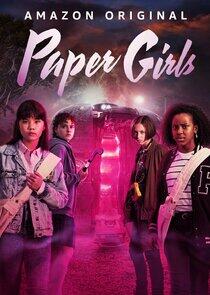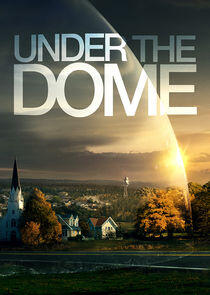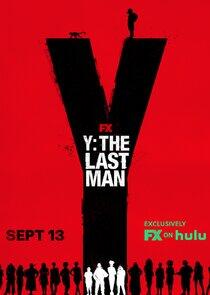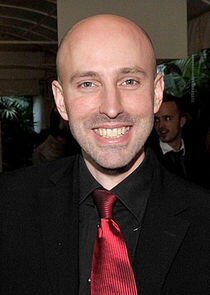
Brian K. Vaughan
Vaughan was a writer, story editor and producer of the television series Lost during seasons three through five. He was nominated for a Writers Guild of America Award for Best Dramatic Series at the February 2009 ceremony for his work on the fourth season. The writing staff was nominated for the award again at the February 2010 ceremony for their work on the fifth season. He was formerly the showrunner and executive producer of the TV series Under the Dome.
Wired describes Vaughan's comics work as "quirky, acclaimed stories that don't pander and still pound pulses". His creator-owned comics work is also characterized by "finite, meticulous, years-long story arcs", on which Vaughan comments, "That's storytelling, with a beginning, a middle, and an end. Something like Spider-Man, a book that never has a third act, that seems crazy." In 2007, Erik Malinowski, also of Wired, called Vaughan "the greatest comic book visionary of the last five years", comparing him to Frank Miller, Alan Moore, Paul Pope, and Steve Niles, and praised his addition to the TV series Lost as redeeming that series' third season.
For his writing, Vaughan has won 14 Eisner Awards, 15 Harvey Awards, and two Hugo Awards.
Biography from the Wikipedia article Brian K. Vaughan. Licensed under CC-BY-SA. Full list of contributors on Wikipedia.
Part of Crew
Recently Updated Shows

48 Hours
48 Hours is a CBS news magazine that investigates intriguing crime and justice cases that touch on all aspects of the human experience. Over its long run, the show has helped exonerate wrongly convicted people, driven the reopening -- and resolution -- of cold cases, and changed numerous lives. CBS News correspondents offer an in-depth look into each story, with the emphasis on solving the mystery at its heart. The program and its team have earned critical acclaim, including 20 Emmys and three Peabody Awards.
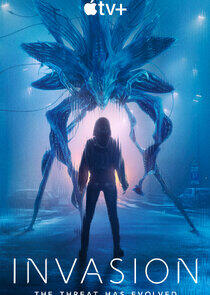
Invasion
Earth is visited by an alien species that threatens humanity's existence. Events unfold in real time through the eyes of five ordinary people across the globe as they struggle to make sense of the chaos unraveling around them.
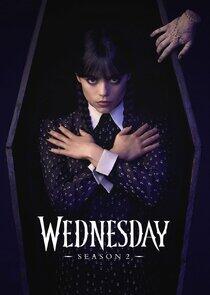
Wednesday
Smart, sarcastic and a little dead inside, Wednesday Addams investigates a murder spree while making new friends — and foes — at Nevermore Academy.
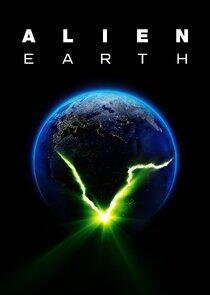
Alien: Earth
When the mysterious deep space research vessel USCSS Maginot crash-lands on Earth, Wendy and a ragtag group of tactical soldiers make a fateful discovery that puts them face-to-face with the planet's greatest threat.
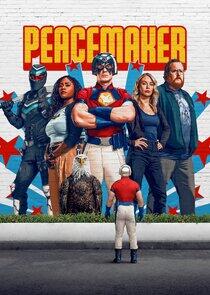
Peacemaker
This James Gunn-created series continues the saga of Peacemaker, a vainglorious superhero/supervillain who believes in peace at any cost — no matter how many people he has to kill. After a miraculous recovery from his duel with Bloodsport, Peacemaker soon discovers that his freedom comes at a price.
